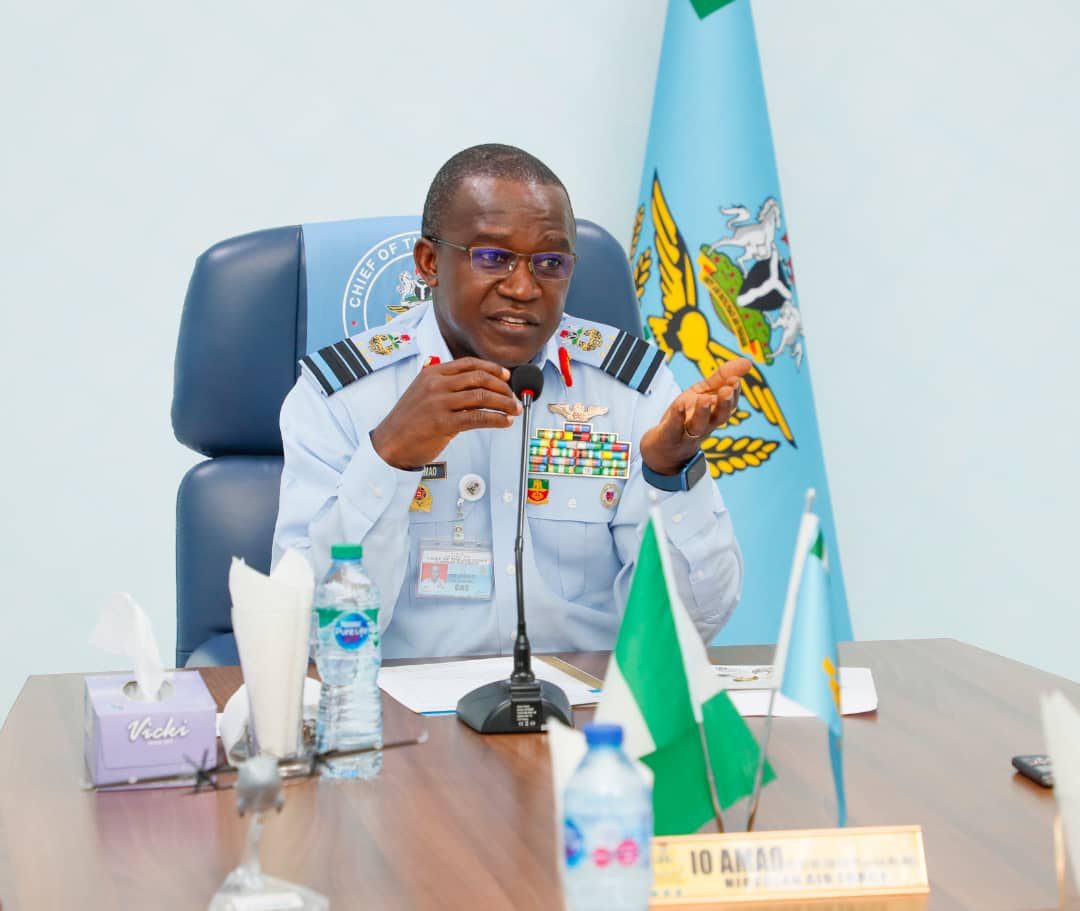Business
Importers Lament Over Outrageous Duty Payment, Abandoned Border

Customs brokers operating at the Seme Border have decried double duties paid to the Benin Republic authorities and the Nigerian Government for clearing cargoes.
Addressing newsmen recently at Seme Border, the Chairman, Association of Nigeria Customs License Clearing Agents (ANLCA) Seme Chapter, Mr. Onyekachi Ojinma, said double duty payment collected by the Benin Republic and the Nigeria Government with multiple checkpoints are the reasons the importers are fleeing Seme Border for Apapa and Tin Can Island Ports, and more reasons why businesses are still nosediving at the border corridor two years after it was reopened.
He said ordinarily it is cheaper for importers to use trucks to transit their cargoes from the West African countries to Nigeria, saying that the containerisation policy has increased the price of transiting the cargoes from these neigbouring countries.
According to him,”The business here is not equivalently friendly. We are doing a double clearing of cargoes by paying duty at Cotonou Port and on getting to Nigeria, you will be required to pay the same duty, which is similar to the one being collected at Apapa Port. This has never been our style of doing business before”.
He lamented that the Cotonou Port, which is ordinarily to be a transit port, charges importers as high as N1.7 million for 20 feet containers and N2 million for 40 feet containers before they are allowed to transit to the Seme Border where they still pay duties to the Federal Government.
He noted that double-duty payment at the Seme Border has discouraged many importers from clearing their consignments through the land border, adding that they now satisfactorily prefer to go through the Lagos Ports where the total cost of duty and other expenses are cheaper.
“Transit goods are still being asked to pay Cf9 million instead of 0.3percent transit. These goods are manufactured from the ECOWAS region, not in Cotonou, they are not supposed to open that cargo but the Cotonou government would collect duty.
“A Naira is equal to the Cefa now. After clearing cargoes with millions at Cotonou, on getting to Nigeria, you still have to pay millions to clear it again.
“Meanwhile, at Apapa Port, it is not so. We are losing our importers,” he cried out.
He indicted the security agencies, especially the Nigeria Police, of mounting not less than 50 checkpoints between Agbara and Seme Border.
By: Nkpemenyie Mcdominic, Lagos
Transport
Automated Points Concession : FAAN Workers Gave 72hrs To Revise Decisions In PH

Transport
FAAN Announces Pick-Up Points for Go-Cashless Cards

Business
Fidelity Bank To Empower Women With Sustainable Entrepreneurship Skills, HAP2.0
-

 News4 days ago
News4 days agoAmend Constitution To Accommodate State Police, Tinubu Tells Senators
-

 Politics4 days ago
Politics4 days agoSenate Urges Tinubu To Sack CAC Boss
-
Business4 days ago
Crisis Response: EU-project Delivers New Vet. Clinic To Katsina Govt.
-
Business4 days ago
President Tinubu Approves Extension Ban On Raw Shea Nut Export
-

 News4 days ago
News4 days agoDisu Takes Over As New IGP …Declares Total War On Corruption, Impunity
-
Business4 days ago
Fidelity Bank To Empower Women With Sustainable Entrepreneurship Skills, HAP2.0
-
Business4 days ago
President Tinubu Extends Raw Shea Nuts Export Ban To 2027
-
Sports4 days ago
NDG: Rivers Coach Appeal To NDDC In Talent Discovery

